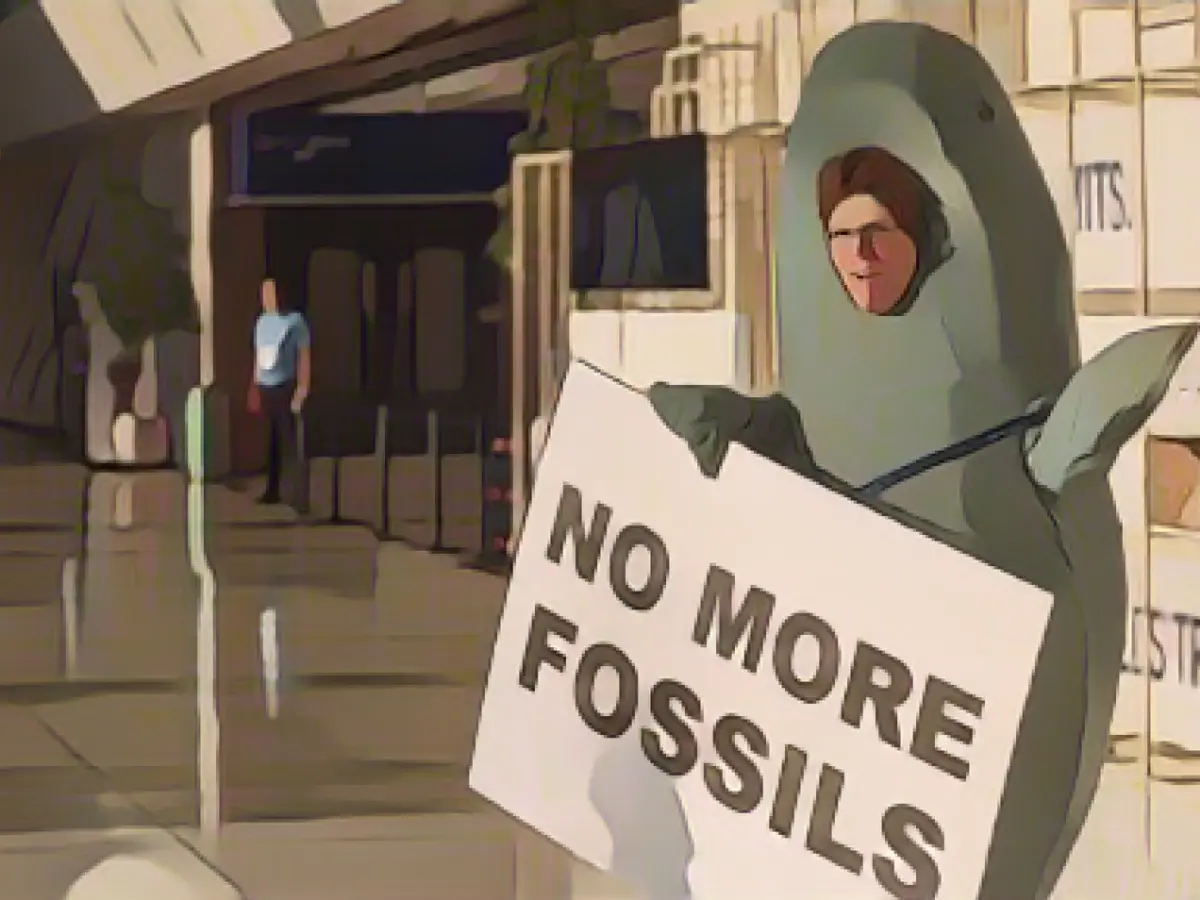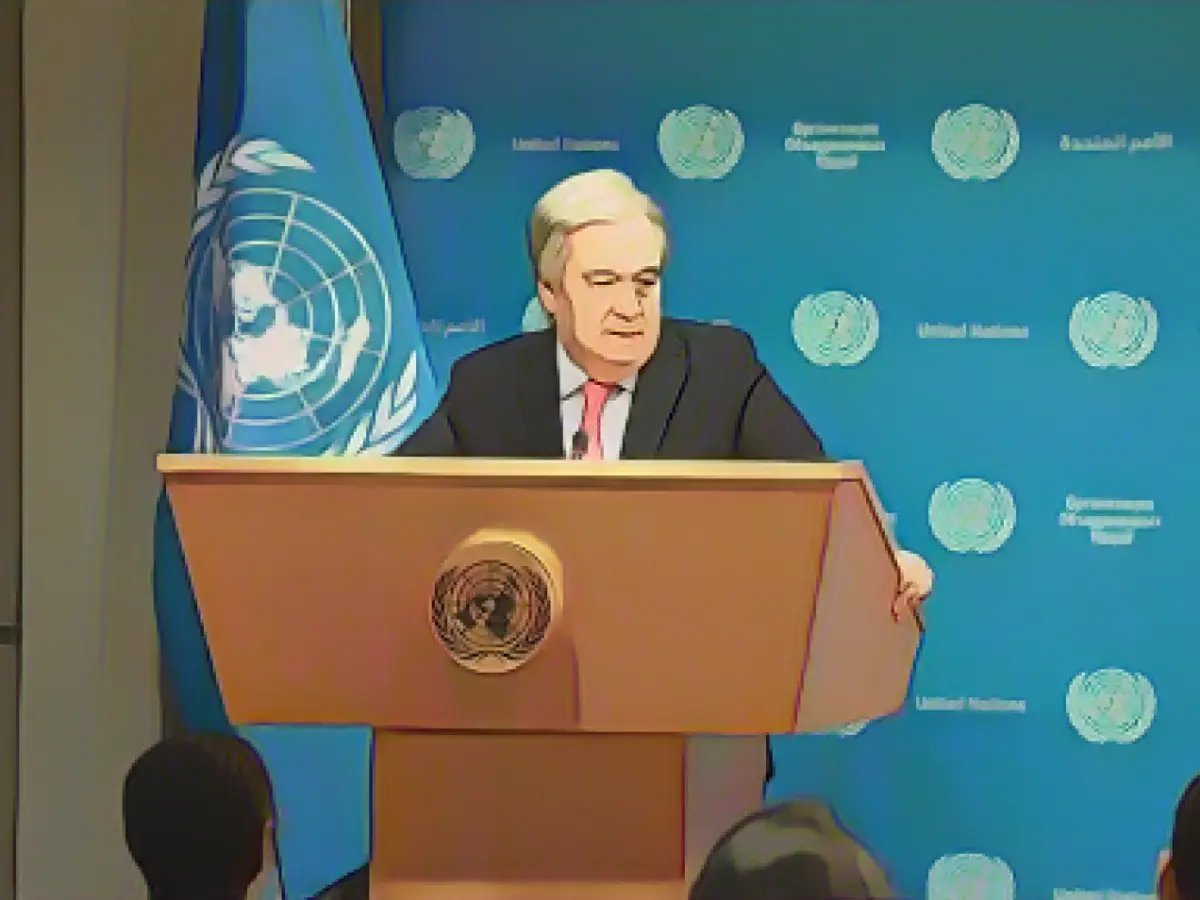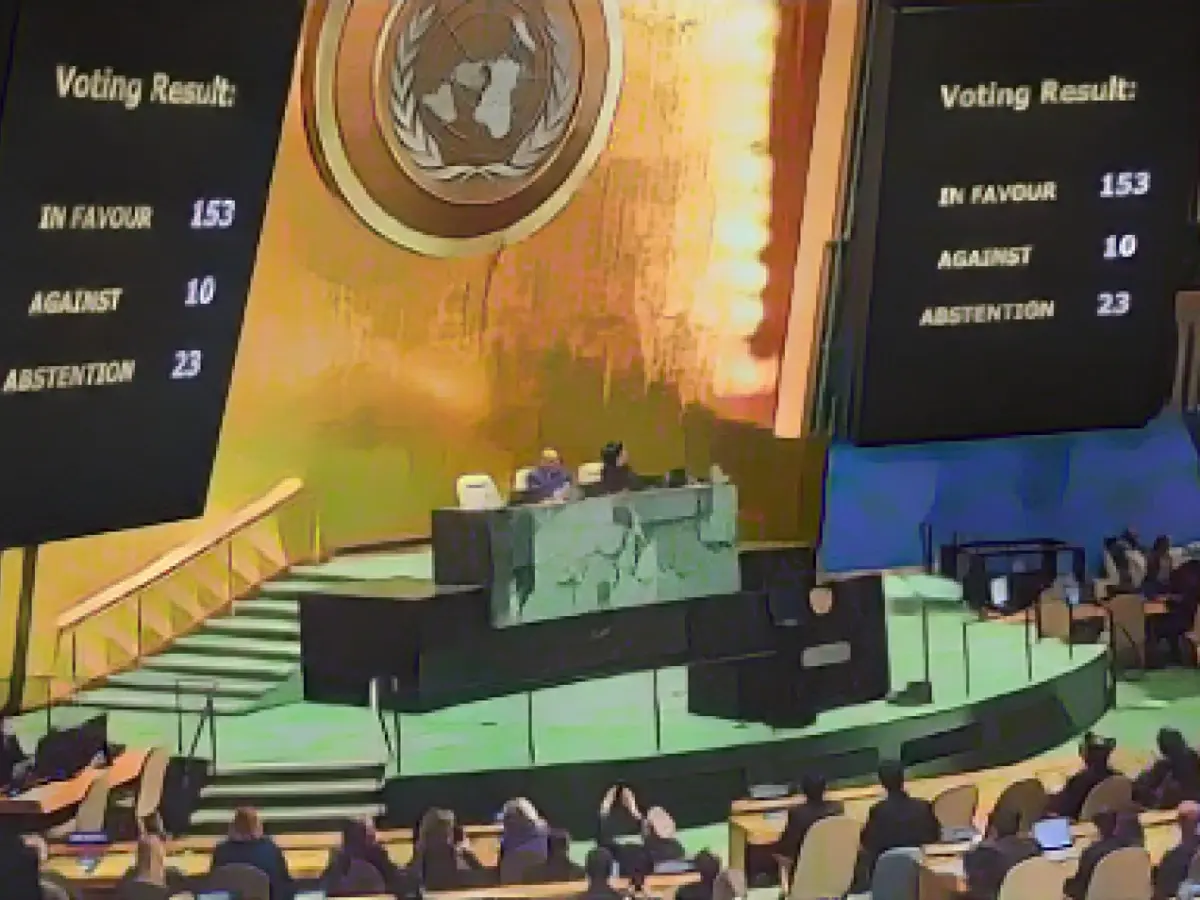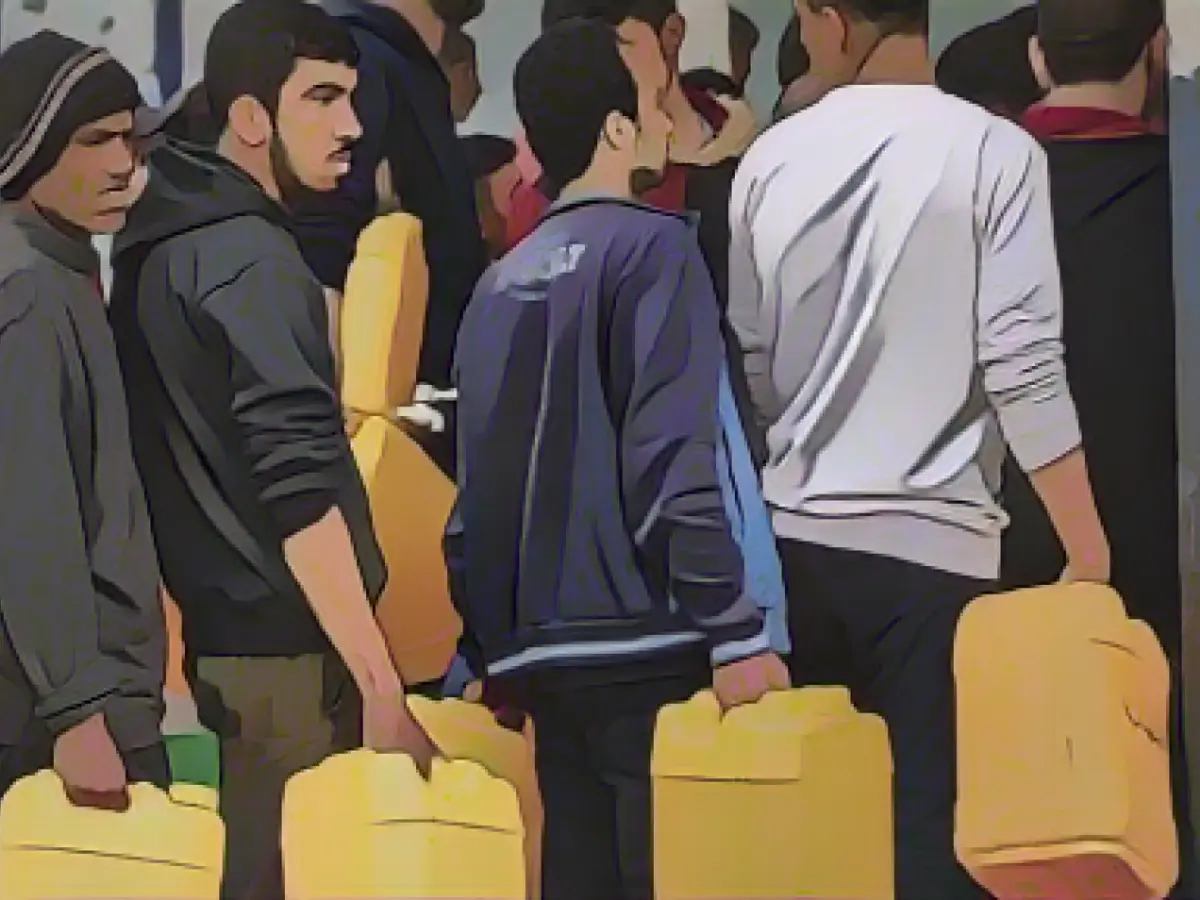Climate Summit COP28: Is the End of Oil and Gas in Sight? - Major Questions Remain Unanswered Midway Through in Dubai
As the COP28 climate change conference enters its midpoint in the glitzy city of Dubai, key discussions around transitioning away from fossil fuels remain stagnant. Despite the urgent need for action, oil and gas exporting nations, such as Saudi Arabia, firmly reject demands to end their reliance on such resources.
In a blunt statement, Saudi Arabia's Energy Minister Abdulasis bin Salman declared that his country "absolutely not" supports the conclusion of fossil fuels at the climate summit. This stance directly contradicts the warnings of UN Secretary-General António Guterres, who pointed out that addressing climate change requires more than a "fire hose made of fossil fuels."
The role of conference president and Emirati head of state-owned oil company, Sultan al-Jaber, has also come under scrutiny. His statements that ending oil, coal, and gas would "send the world back to the Stone Age" have caused widespread outrage, with people questioning his objectivity as a neutral conference organizer. In response to criticism, al-Jaber defended his position, affirming that all decisions are guided by science.
Significant progress has been made in other areas of the conference, with many nations gravitating towards the expansion of renewable energy. Nearly two thirds of the nearly 200 participating countries support tripling the expansion of renewables by 2030, and also plan to double the increase in energy efficiency from 2% to at least 4% annually.
However, some experts worry that the end of fossil fuels may not be one of the goals that gets adopted. According to Christoph Bals from Germanwatch, the EU and particularly vulnerable countries must exert pressure to ensure the entirety of these aims are achieved.
A positive development at COP28 came in the form of a new climate-related damage fund, which launched with pledges of $100 million each from Germany and the United Arab Emirates. This fund now boasts a starting capital of over $650 million, with the participation of non-traditional industrialized countries providing a significant milestone.
Environmental groups view this as a promising start, although they remain cautious about the lack of commitment to ending fossil fuels. Viviane Raddatz, the WWF's climate chief, lauded the progress on the new fund, pointing out the importance of its establishment in shaping the negotiations for a new international climate financing target.
Developing countries desperately call for 400 billion dollars per year in financing for adaptation to climate impacts from 2030, but critical decisions on the new long-term target are not due until 2024.
While some progress has been made, climate negotiators continue to work tirelessly to reach a consensus on the most pressing issues. German climate envoy Jennifer Morgan described the conference as making "concrete steps on the sidelines," but warned that the "essential decisions" may not come until the final days of the conference.
Related Articles:
- Azerbaijan, an oil and gas-producing country, has continued to invest in fossil fuels, despite its role as the host for COP29 in Baku. President Ilham Aliyev has defended the importance of the sector while rejecting the label of "petrostate."
- UN Secretary-General António Guterres has urged nations to transition towards renewable energy, emphasizing the inevitable decline of fossil fuels and the dire consequences of continued reliance on carbon-intensive resources.
- The outcomes of COP28 included transitioning away from fossil fuels in energy systems, accelerating action, and tripling renewable energy capacity globally by 2030.
- Canada, another significant producer of oil and gas, has faced criticism for a Nationally Determined Contribution (NDC) that lacks the ambition required to meet its fair share of the 1.5°C survival limit.
- The EU is considering banning new fossil fuel projects based on scientific consensus that these carbon-intensive resources contribute to climate change.
Sources:








